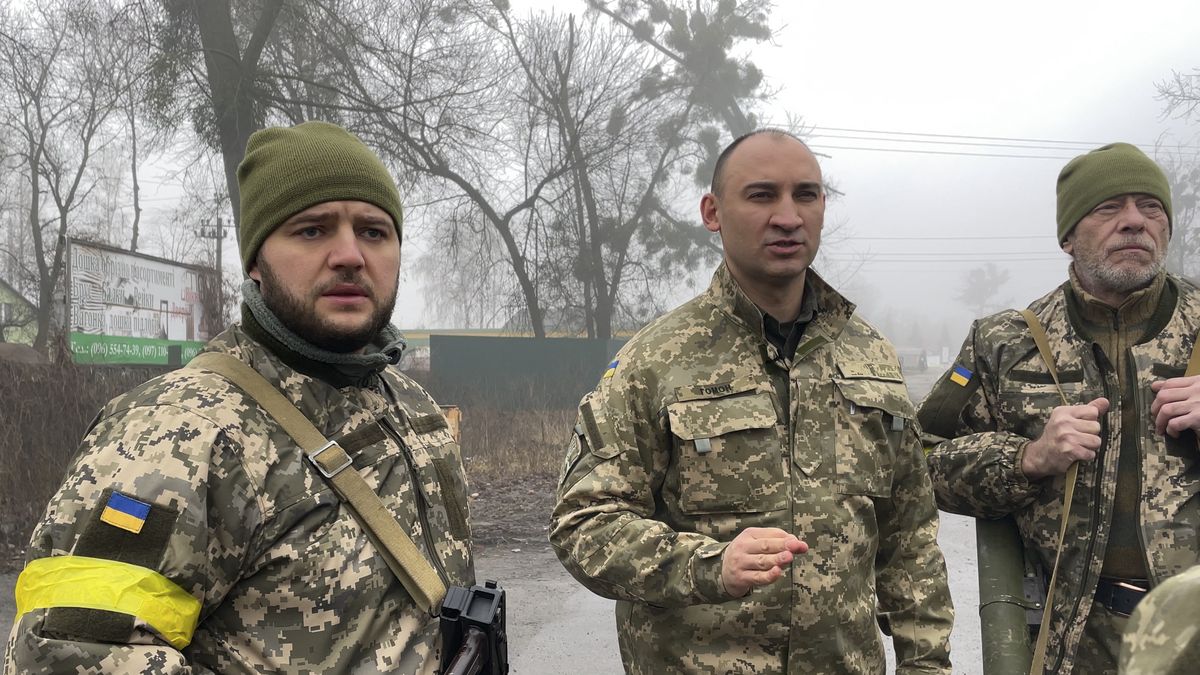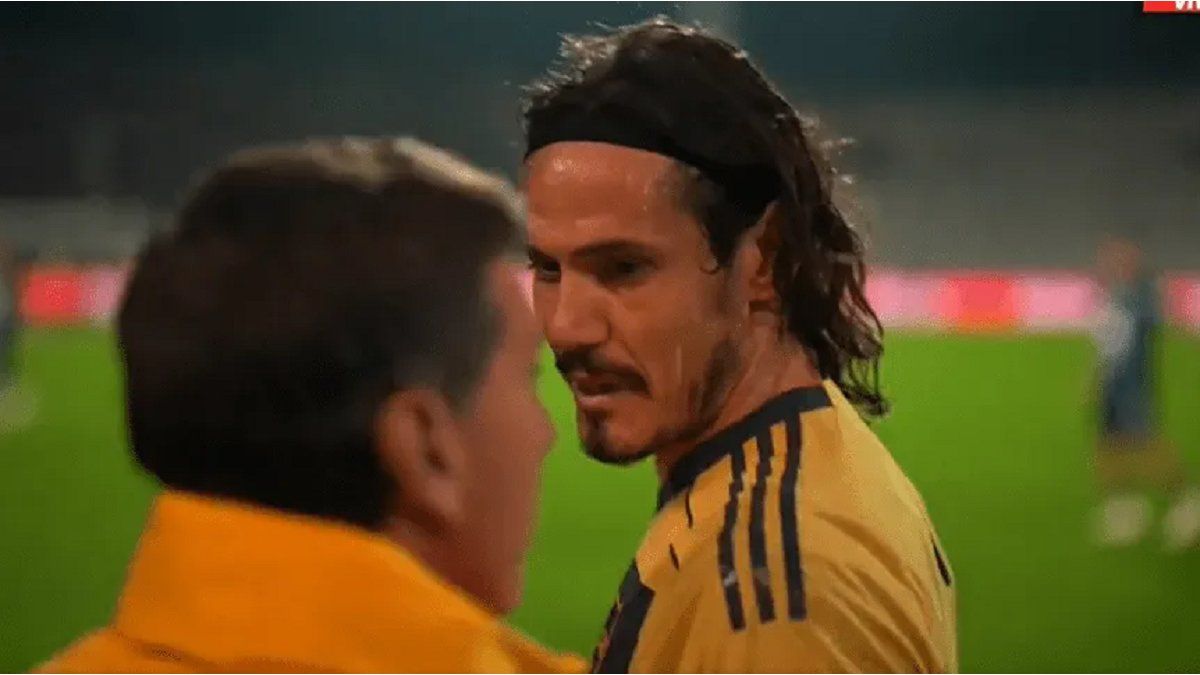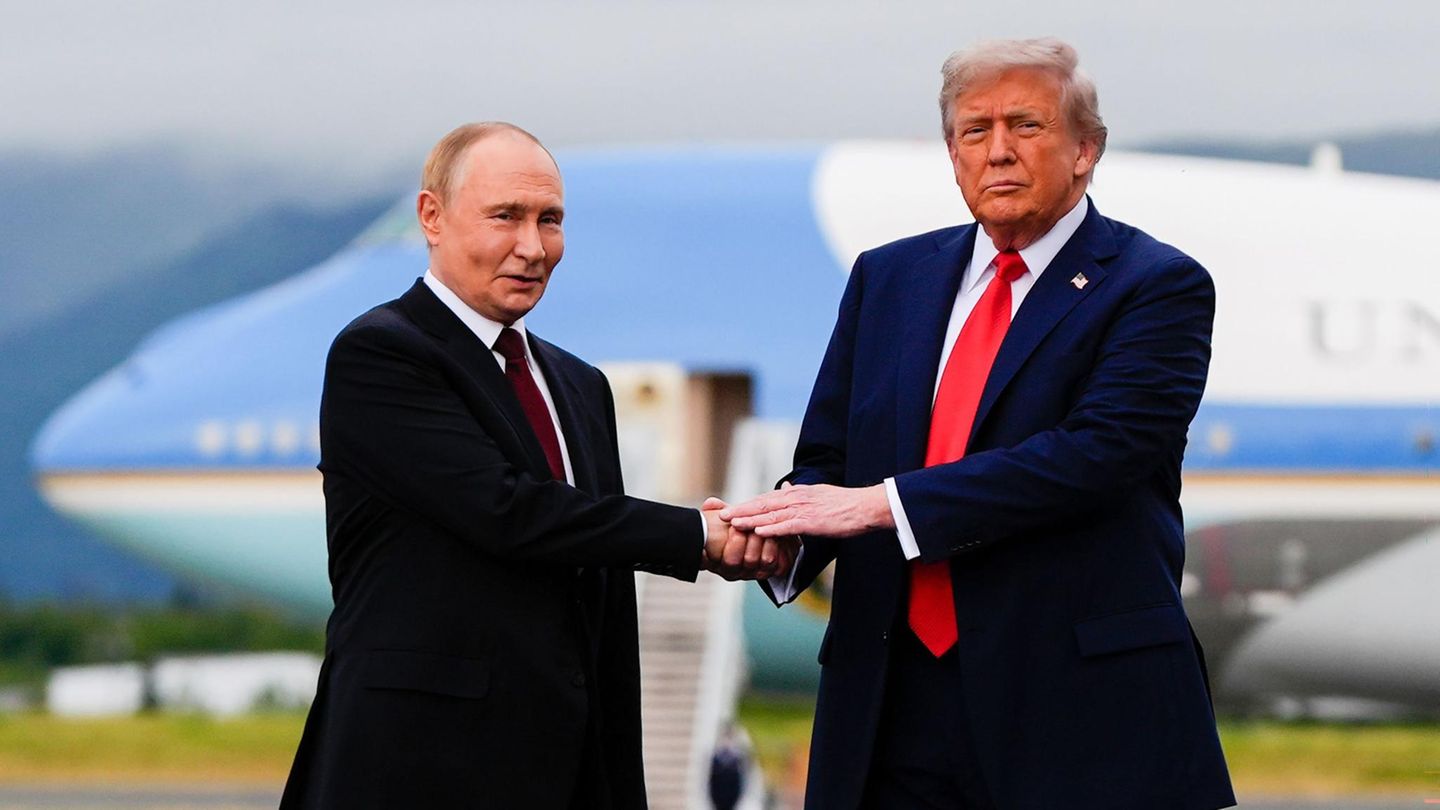A short distance from the Russian forces, supplies pass through here – both military and humanitarian – and the hundreds of civilians escaping from the incessant bombardments that continue in the north and in the besieged capital of the country, kyiv, weeks after the invasion initiated by the president of Russia, Vladimir Putin.
That’s why the tension is through the roof. And every foreigner is seen as suspicious. Even more so if, as in the case of Obujiv, you are passing through one of the few roads considered safe to enter and leave the Ukrainian capital.
Although the concern is also about the information, released by the kyiv government, that there would be Russian infiltrators posing as journalists or hustlers from other countries.
With the missiles falling nearby and the anti-aircraft siren going off day and night, it has already happened that a bullet has fallen on the neighbors’ houses, after a car did not stop at one of the “checkpoints” guarded by the militiamen.
They are nothing more than armed civilians, who before the war were common men, and who have now joined the Territorial Defense Units, a body deployed throughout the country, which they can join by signing a kind of contract and which kyiv maintains that it acts only in times of war.
Deprived of the resources of the big cities or the regular Army, their mission is to be the rearguard, while the military fights on the main battlefronts. And their jobs are to ensure public order and help protect strategic locations such as, in the case of Obujiv, the nearby paper processing plant and regional power plant.
“The problem is that many (militiamen) have little or no experience, and they defend themselves as best they can,” one of them tells Télam, who asks to be identified as “Patriot”, for not having permission from his superiors to speak with the press.
“In the smaller towns, some don’t even have large-caliber weapons. They only fight with knives, hunting rifles and their bodies, in makeshift barricades,” confesses this militiaman, who used to work as a tax collector.
In Obujiv, who is in charge of these troops of express soldiers is Colonel Alexsandr, head of the Regional Military Administration of the district, who previously also had another life, was a politician and held a public office.
Now he is a man with a calm voice, whom everyone present obeys and few discuss, and the first thing he asks is how long the conversation will last. “You know, these days we hardly sleep,” Lia, his assistant, logistics manager, and the only woman in the group, quickly clarifies.
“The reality is that I can’t stay in the same place for long, for security reasons,” intervenes the colonel, surrounded by four militiamen of different ages, adding that he is going to say his last name, but he doesn’t want it to be published either.
“No, I’m not afraid of dying. We are men and we will do everything possible to defend our country,” he reflects, while behind him a queue of cars moves slowly through one of the checkpoints that there are to enter or leave the small town.
The colonel maintains that Russia’s war is not only a war against Ukraine, but against “the whole of Europe”.
“This has to be clear, here we fight so that we are all freer and because we have been attacked. They are the invaders,” he reiterates, when his phone rings and one of his escorts takes advantage of the moment to shout “Slava Ukraina”, the expression nationalist with which more and more Ukrainians use to greet each other.
This man, who is next to another who has a grenade launcher in his hand and speaks better English than the colonel, then explains that, due to the situation, a kind of manual has also been established for interrogations of people who want to enter and get out of town.
“That includes asking those who arrive to pronounce the noun ‘palianiza,’ the Ukrainian word for ‘bread,'” he says, adding that they say Russians don’t know how to pronounce it correctly. “Neither the Russians nor the foreigners,” he ends by saying, to burst out laughing afterwards.
The militiaman who was a tax collector at the time seems finally to relax, and apologizes to the journalists who have first been questioned. “I’m sorry that they are having all these problems. In normal times it would not be like that. The truth is that my people are very afraid and that is why they behave in this way,” he justified himself.
In Rynok Square in Lviv, a city near the border with Poland, Taras, who until the war worked as a computer scientist and who, despite his military uniform, hardly looks like he would take up arms, explains that the decision to join the militias was This is because “many decided that they could not sit idly by and decided to defend their families and friends”.
But he also says that there are not enough resources, despite the fact that many young people have enlisted.
“One of the main obstacles we have is that we don’t even have what we need for training, which is why they are only carried out when possible, and not with the regularity that would be needed at the moment,” he says.
“A training session was held this week, but we don’t know the next one. Maybe it will be in a few days, maybe more time will pass, maybe one day this war will end, although I doubt that will happen quickly,” he concludes.
Source: Ambito
David William is a talented author who has made a name for himself in the world of writing. He is a professional author who writes on a wide range of topics, from general interest to opinion news. David is currently working as a writer at 24 hours worlds where he brings his unique perspective and in-depth research to his articles, making them both informative and engaging.




